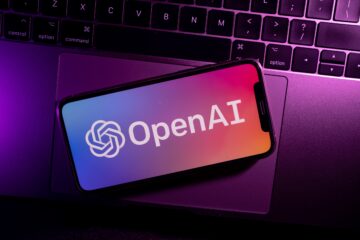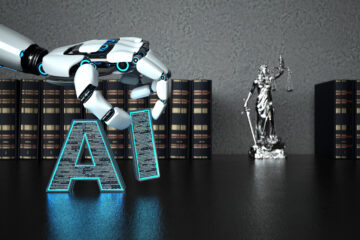ABA Journal
"Using artificial intelligence to write admissions essays now comes with significant risks at the University of Michigan Law School, which recently asked applicants to certify that they did not use the technology for drafting purposes.
False statements could result in the cancellation of an admissions offer or expulsion or rescinding a degree, according to the certification language.
Likewise, if admissions office readers go over a candidate’s essay and suspect that technology did the writing, it would give them serious pause, even for a strong candidate, says Sarah C. Zearfoss, the law school’s senior assistant dean. The certification language was introduced this year, and she has not heard of other law schools with similar prohibitions on AI technology.
Many lawyers interviewed by the ABA Journal found the University of Michigan Law School’s new policy surprising. The retributions would be difficult to carry out because there are no good tools to detect the technology in writing, they say. And even if there were, offerings such as ChatGPT will continue to evolve and likely outfox anything created to catch it.
With in-class writing tests and bar exams, testing software and humans monitoring the physical environment prohibit examinees from using things such as ChatCPT, says Greg Sarab, CEO of the exam software company Extegrity. Without those two conditions, there is probably no way to know whether someone used the technology, according to Sarab.
“AI is basically a collaborator that is discreet. It won’t narc on you, and it’s quick. It would take very little editing to foil a detector,” Sarab adds.
Zearfoss says they are giving it their best shot—not with computers but people power. She directs JD and LLM admissions at the law school. And with a team of two seasonal employees, both of whom are retired from working in higher education, they plan to compare applicants’ essays with their Law School Admission Test writing samples to determine whether the writing styles are consistent.
They read approximately 6,000 applications per year. Zearloss admits that they can’t be completely sure whether someone used the technology to write a personal statement.
“We will see essays and think, ‘Yep, this could be ChatGPT. Or it could just be a bland essay,” she adds.”
This article was originally posted on ABA Journal.
To read the rest of the article click here.


